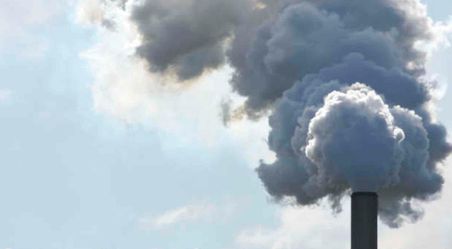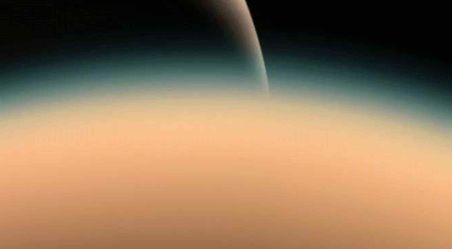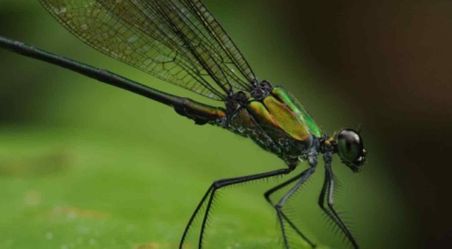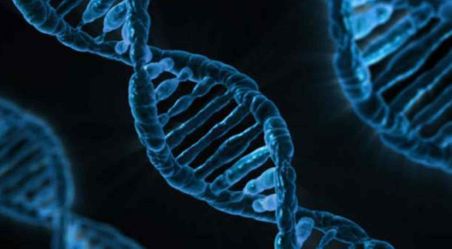We look to study, conserve and optimise the environment around us, from understanding the evolution and structure of ecosystems, to exploring unknown parts of the universe; from reducing the negative impact of climate change to influencing policy on the future of food production and travel. Find out more below from the case studies below:
Row1

Mitigating climate change
In the context of climate change, mitigation refers to actions or policies that either reduce emissions of greenhouse gases that cause climate change, or that enhance the climate system’s capacity to absorb such gases from the atmosphere (e.g. reforestation).
- Find out how Grantham Institute research is working to mitigate climate change
- View more of the Grantham Institute's research highlights

Understanding our universe
Members of Imperial's Space and Atmospheric group are working to understand the complex processes which drive the upper atmospheres of planets, the boundary layer between a planet's atmosphere and outer Space.

Protecting the world's endangered species
Understanding biodiversity is crucial in helping us deal effectively with related issues such as species extinction, habitat change, invasive species and the consequences of the loss of biodiversity on agriculture and human health.
Photo: Chien C. Lee.
Row2

Conservation of the Saiga Antelope
Saigas are one of the most threatened species on the planet. Their numbers declined by 95% in just 15 years but Imperial research has contributed to a great increase in their population.
Find out more about Ecosystems and the Environment's research to protect the Saiga Antelope

DNA Barcoding
Taxonomy (the science of classification) can be an essential, yet overwhelmingly challenging task; innovative solutions are essential. 'DNA Barcoding', is one such solution at the forefront of this field.
Find out more about The Savolainen Lab's research into DNA barcoding
--tojpeg_1415029611073_x2--tojpeg_1494500663499_x4.jpg)
Stability of Altered Forest Ecosystems (SAFE)
The SAFE study is designed to understand how forest ecosystems are affected by human pressure, examining what happens when a forest is logged and then fragmented.
Find out more about the Department of Life Sciences research to understand forest ecosystems
Support us
Help us continue our work by donating to the College and directing your donation to the Faculty of Natural Sciences.